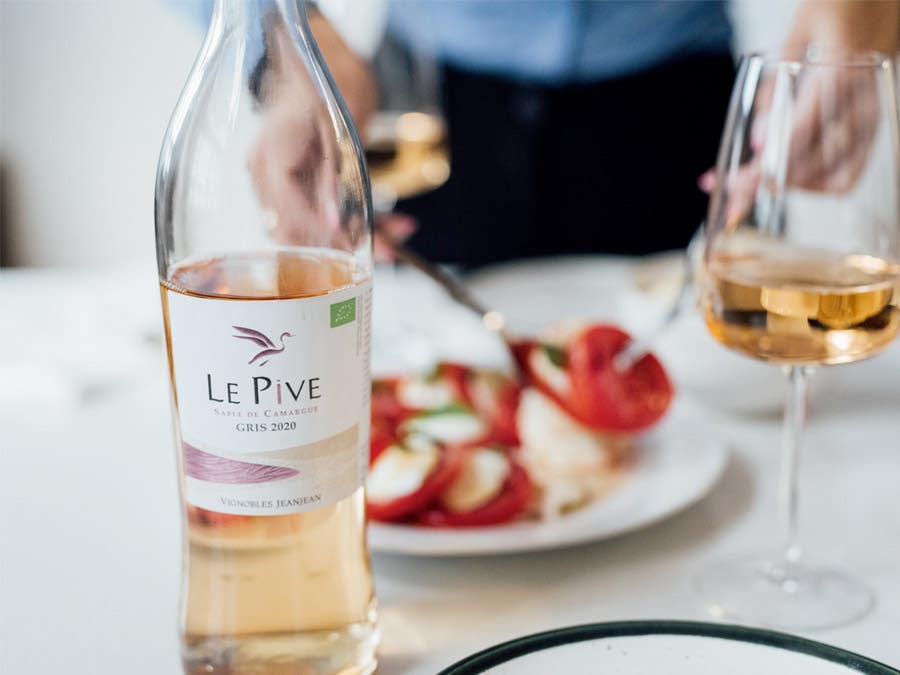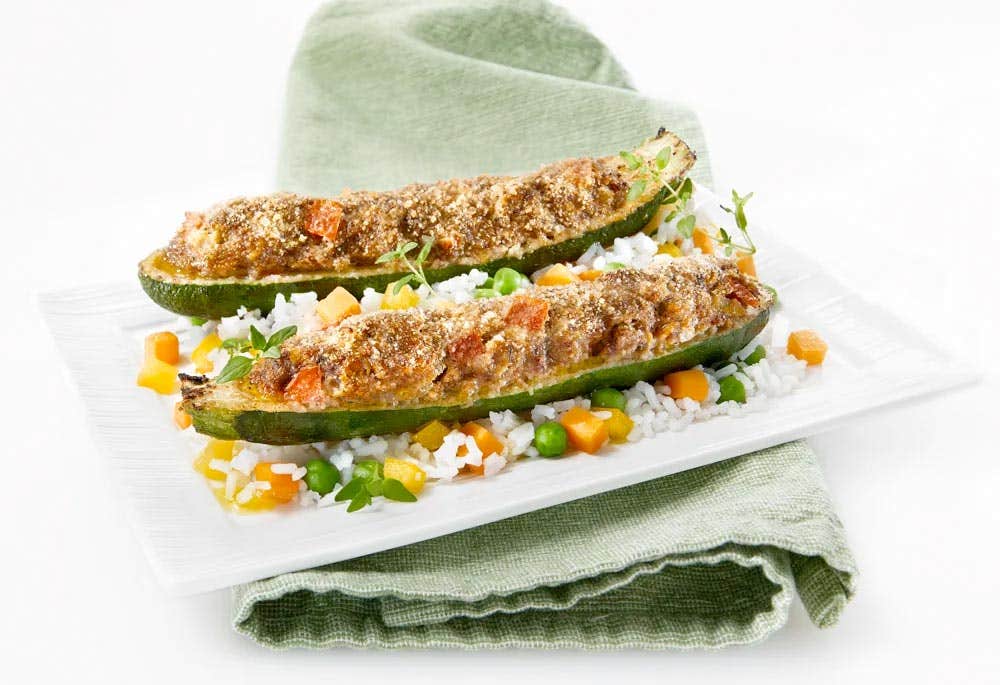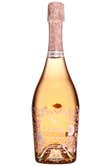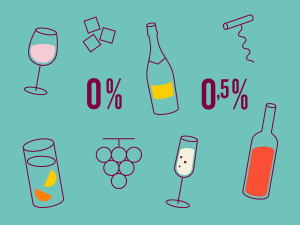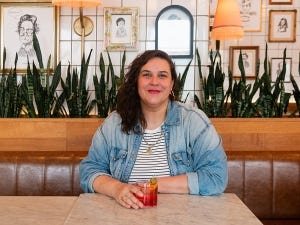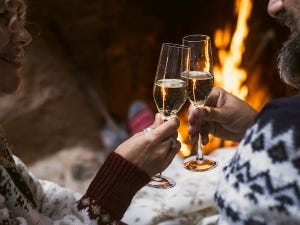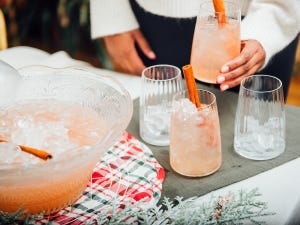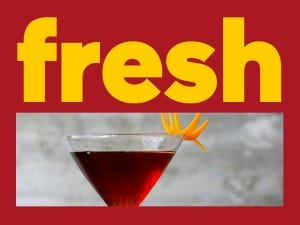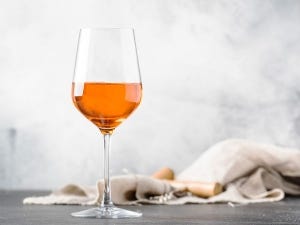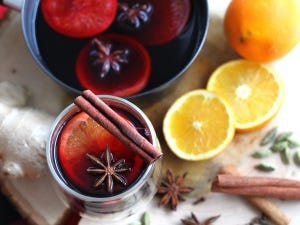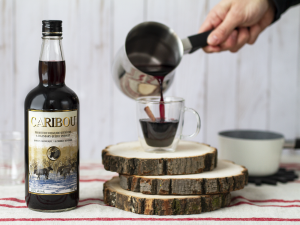This year, the Jeanjean family celebrates the 150th anniversary of the founding event of its history. When Étienne-Maurice Jeanjean bought his first parcel of vines in 1872, he had no idea that he was laying the foundation stone of a great family history. From the purchase of this small parcel in Saint-Félix-de-Lodez, to the 200 hectares of vines of today's Vignobles Jeanjean, let's see what has marked the history of this great Languedoc family.
A long family history
Today, the sixth generation is at the helm: Brigitte and Elisabeth, accompanied by their cousins Frédéric and Philippe. If Brigitte Jeanjean's smile is familiar to you, it is probably because you have already seen her at one of the many wine events in Quebec. Brigitte Jeanjean's attachment to the Belle Province was born during her university studies in Montreal, where she took advantage of the great northern spaces to develop an interest in snowmobiles! She regularly returns to her adopted land; if the opportunity arises, don't hesitate to go and meet her to learn more about her wonderful family history by tasting the magnificent wines she offers.
Turning organic
When Brigitte Jeanjean returned to the family estate after her interlude in Quebec, she began to reflect on the preservation of this exceptional family heritage. Concerned about leaving the next generation territories that they can also enjoy, she was looking for concrete measures to ensure the sustainability of her vineyards, but above all to protect her employees and contribute to the well-being of her consumers. For her, organic agriculture represents the best way to implement sustainable practices based on serious and rigorous specifications. She therefore decided to convert the family's vineyards to organic. By 2021, all nine estates, or 200 hectares, were certified organic.
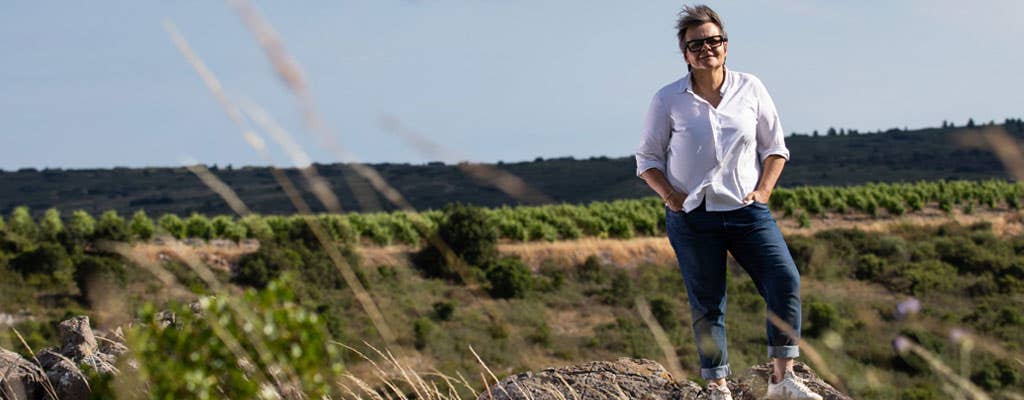

A variety of wines, a common signature
All located in different appellations, the nine Jeanjean family estates represent as many different expressions of Languedoc. Behind this beautiful diversity, one common point remains. This is the signature of the house. For more than 15 years, Brigitte Jeanjean and her teams have been working together to produce airy, fruity wines that reflect the distinctive character of each terroir.
From the heights of Larzac to the slopes of the Camargue, the wines of each property are bright, lively and, above all, a pleasure to discover!
The different facets of Languedoc
If the family has estates all over the Languedoc, it is thanks to the vision of the 5th generation at the head of the family estates, Hughes and Bernard Jeanjean. Determined to introduce the fabulous terroirs of the region to the French and to wine lovers around the world, it was under their leadership that the family became interested in the different appellations of the Languedoc. They expanded the family vineyard piece by piece, following their hearts, aware that each of the different domains represents a part of the history and identity of the region. It is not for nothing that they have been nicknamed "the explorers of the vineyard"!
Le Pive, the spirit of Camargue
The Domaine Le Pive, and its emblematic vin gris, is one of the great successes on the Quebec market. It covers 47 hectares of vineyards in the Camargue. Located near the famous ramparts of Aigues-Mortes, the estate stretches along the coastline where the Rhone delta meets the sea.
The Camargue is exceptional thanks to the combination of fresh water, brackish water and sea water that compose it. It is a real paradise for birds, some of which only nest here in France, the most spectacular being the emblematic pink flamingo. A region made up of ponds, sea, natural spaces and large wild beaches, to which is added a rich and long religious history, it inspires respect for traditions, animals and the environment.
The local know-how is also important. The canals that have been built over the years protect the agricultural territory from the salt water that rises towards the land. Agriculture has been practiced in the Camargue since antiquity and the vine flourishes in the fine sandy soils. The region is also known for its equestrian tradition and its breeding of bulls. Rice has also been cultivated in the Camargue since the end of the 19th century. The rice fields were used to absorb salt water and divert it from the plots of other crops, especially the vine. Over time, rice cultivation became a specialty of the region leading to the recognition of the Camargue Rice to the status of Protected Geographical Indication (PGI) in 2000.
The Jeanjean family is aware that this unique environment is sensitive and that great care must be taken to maintain the fragile balance that makes this place a Unesco recognized biosphere reserve. This is one of the reasons why the estate, which has been in the family's hands since 1993, was one of the first in the area to be certified organic and HVE (High Environmental Value).
The wines of the Domaine Le Pive
Different formats, always the same pleasure!
The fine sands of the Camargue, the Mediterranean climate and the maritime air contribute to the creation of this vin gris that has conquered the hearts of Quebecers. The warm days, tempered by the sea spray, allow for optimal ripeness of the fruit and the typical vivacity of this pleasure rosé. In addition to the iconic vin gris offered in a variety of convenient sizes, the winery also offers a beautiful white wine that is just as enjoyable.
You can also discover the other formats and other wines from the estate
Cousu Main, Devois des Agneaux D’Aumelas
This 16-hectare estate dating from the 15th century was taken over by the Jeanjean family in 1936. Perched at an altitude of nearly 200 meters, the historic sheepfold has been converted into a winery. The surrounding Syrah and Grenache vines are planted on Jurassic limestone. This wine is distinguished by its notes of pepper, garrigue and its incomparable structure.
La Terrienne, Domaine du Mas Neuf
Mas Neuf has belonged to the Jeanjean family since 1994. At the time of its purchase, the only grape variety on the property was muscat petits grains intended to produce natural sweet wines. The Jeanjean brothers, the "explorers of the vineyard", changed the vocation of the estate to satisfy the consumer habits of their time and offer dry wines. They planted new complementary grape varieties: colombard, vermentino, sauvignon blanc. Today, Mas Neuf produces dry white and rosé wines with a unique profile, incorporating the particularities of muscat petit grains.
The cuvée La Terrienne is a delicate wine naturally low in alcohol. It is a wine of thirst and pleasure, in the spirit of the Jeanjean family. The bottle features Brigitte Jeanjean and her motorcycle helmet, her preferred means of transportation to travel through her vineyards.
In partnership with Les Vignobles Jeanjean
 Access to SAQ Inspire personalized services and store inventories are unavailable at the moment.
Access to SAQ Inspire personalized services and store inventories are unavailable at the moment. Free in-store delivery with purchases of $75+ in an estimated 3 to 5 business days.
Free in-store delivery with purchases of $75+ in an estimated 3 to 5 business days. 
